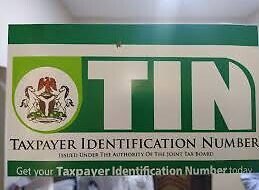Kenyan banks are under growing pressure to cut lending rates after the Central Bank of Kenya (CBK) warned of daily fines for non-compliance. The regulator is cracking down on lenders that have been slow to pass on interest rate cuts to borrowers, despite a series of reductions in the benchmark rate aimed at easing credit costs.
Under the Banking Act, CBK has the power to impose penalties of KES 20 million ($154,619) or three times the monetary gain for non-compliance. Additionally, lenders face a KES 100,000 ($773) daily fine per violation, while individual bank officials could be fined up to KES 1 million ($7,730).
Several top banks, including KCB Group, Equity Group, Cooperative Bank, I&M, and DTB, have already adjusted their rates by one to four percentage points to avoid penalties.
“The regulator wants recent monetary policy decisions to be passed down to borrowers, which the banks have not,” said a CBK official who declined to be named. “If banks don’t comply, they will be penalised.”
Despite three consecutive rate cuts, lending rates have remained stubbornly high, widening the gap between the CBK benchmark rate and commercial loan rates to a near three-year high. This has resulted in private sector credit growth shrinking by 1.4%, while the average lending rate has surged to 17.22%, an eight-year peak.
Between November and December 2024, CBK Governor Kamau Thugge urged banks to lower borrowing costs to stimulate economic activity. However, only a handful of lenders, including Equity Bank, have responded consistently to the central bank’s policy moves.
“I think it’s in banks’ interest to lower their lending rates,” Thugge said in December. “If they continue on this path, it will be a no-win for anyone, and the economy will not be able to perform.”
Since August 2024, the CBK has slashed the benchmark rate by 2.25 percentage points, bringing it down to 10.75% as of February 5, 2025. But will banks fully comply, or will CBK need to enforce stricter penalties?







No Comments